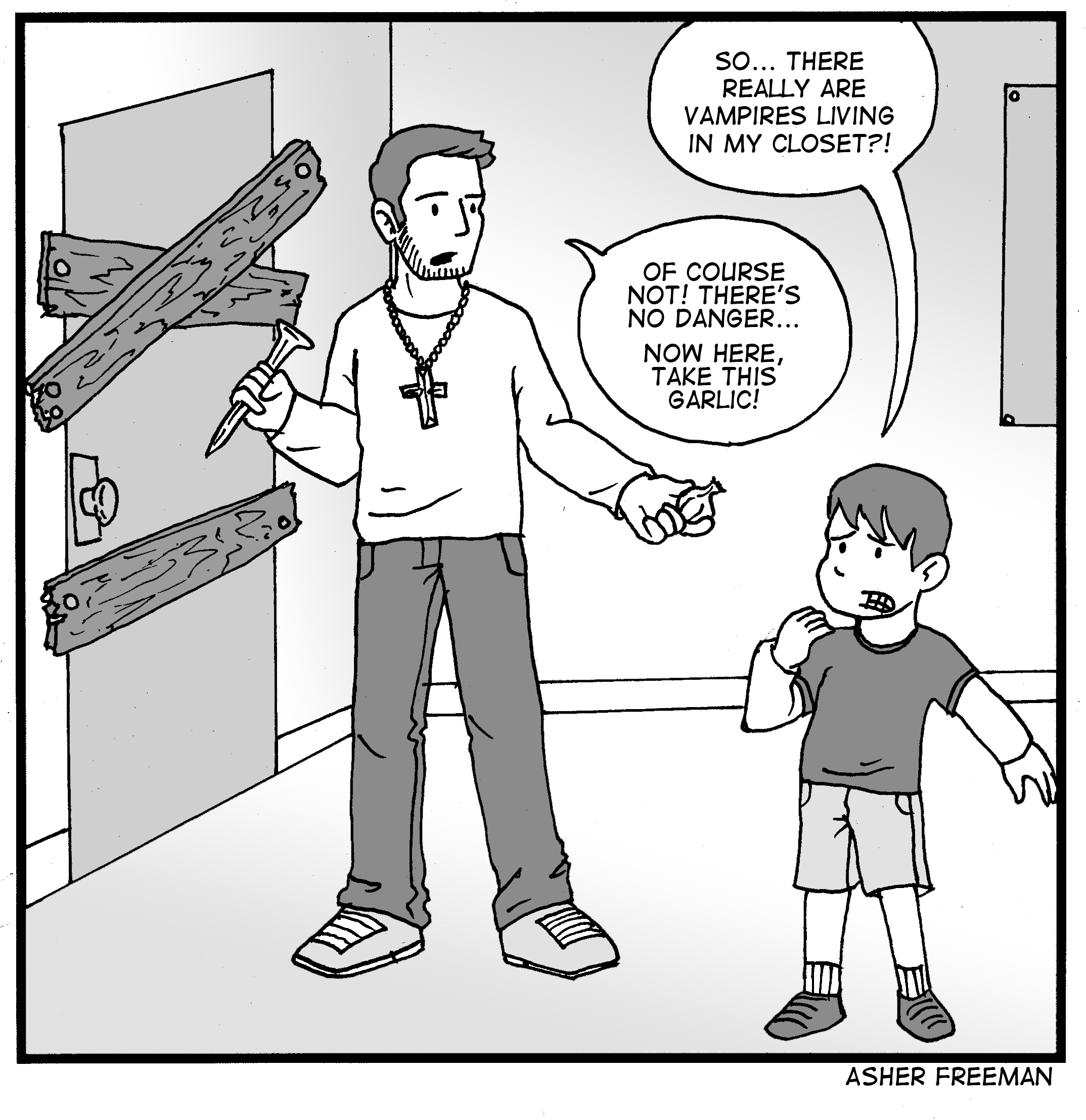 In Louisiana, state officials are making medical decisions that do not seem grounded in medical reasoning. Ebola hysteria strikes again.
In Louisiana, state officials are making medical decisions that do not seem grounded in medical reasoning. Ebola hysteria strikes again.
Earlier this month the personal belongings of Thomas Duncan, the only man to die from Ebola on American soil, were incinerated at a Texas facility and the ashes were set to arrive in a hazardous waste landfill in Lake Charles, La.
That is, until Buddy Caldwell, the state’s attorney general, was granted a temporary restraining order to keep the ashes out of his state, according to an article published by the Times-Picayune on Oct. 13.
In a statement, Caldwell said the Centers for Disease Control and Prevention and the company’s health care workers were uncertain of the proper protocols concerning Ebola.
“There are too many unknowns at this point, and it is absurd to transport potentially hazardous Ebola waste across state lines,” he said. “We just can’t afford to take any risks when it comes to this deadly virus.”
However, according to the CDC’s website, Ebola-associated waste can be transported and disposed of after incineration and is not infectious or even cataloged as regulated medical waste under federal law.
Despite the CDC’s clearing of the Ebola-associated ashes as non-hazardous, leaders of Chemical Waste Management, the landfill refusing to take the waste, released a statement explaining their decision to reject the shipment from Texas.
“While the CWM-LC facility is permitted by the state and federal government to accept waste of this type, and while accepting this waste poses no threat to the environment or human health, we do not want to make an already complicated situation, more complicated,” according to the statement.
The company acknowledges “no threat” by the waste and worries that things would only get complicated if it did take the waste.
Ironically, it seems the denial of these ashes has further complicated the situation all on its own. Waste management officials and politicians are making decisions that shadow those of medical professionals, confusing the roles and public understanding of Ebola’s actual threat.
But Louisianans are scared of the ashes, according to a poll by KPLC, a local television station. In an online poll, 58 percent of participants said they would support legislation to ban the waste. Within that poll, 35 percent said they were “extremely” concerned about Ebola.
It might seem like those numbers, from 605 voters, are hard to disagree with. But another number hard to disagree with is 2,100, which is the degrees in Fahrenheit at which the Ebola-infested articles were incinerated.
Numbers and medical reasoning by professionals aside, it is possible that Caldwell and the waste management officials are only looking out for the citizens of Louisiana and don’t want to bring undue harm to the state.
However, according to a Times-Picayune article and information from the U.S. Environmental Protection Agency’s Toxic Release Inventory Program, officials haven’t demonstrated this level of concern in the past when the landfill received hazardous materials at high levels.
Last year, the Lake Charles landfill accepted 2.4 million pounds of toxins including arsenic, asbestos, cadmium, mercury and lead. According to the CDC, mercury can lead to bran, kidney and fetus damage.
Where were the restraining orders then?






